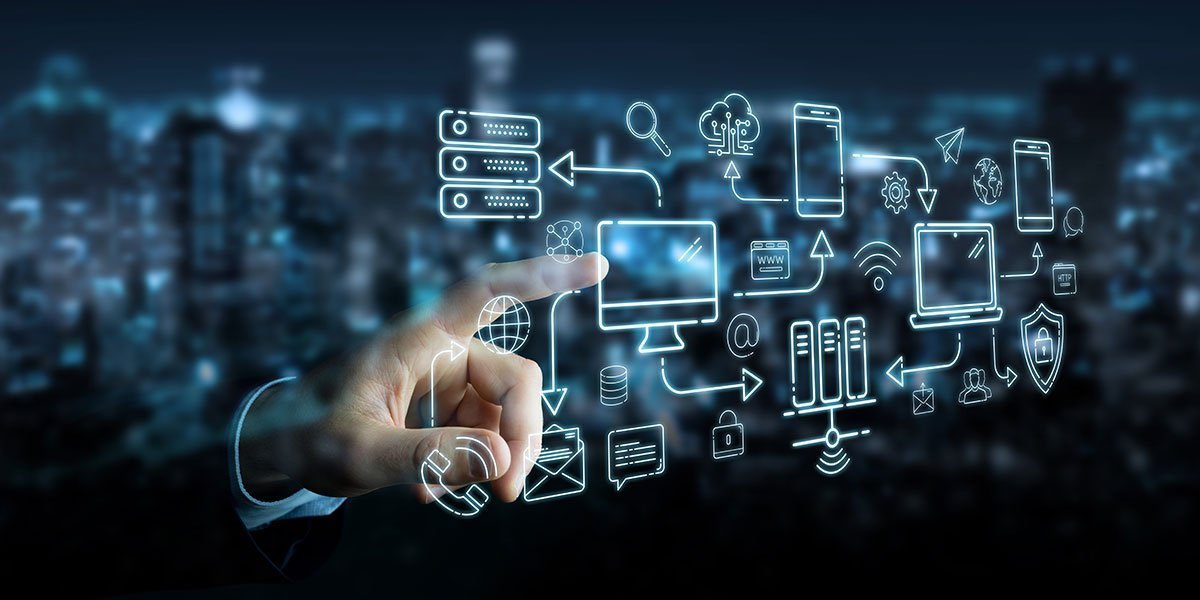In today’s digital age, technology permeates every aspect of our lives, from communication to education, healthcare to entertainment. The question of whether technology is a boon or a bane for society is a topic of intense debate. While some champion the advancements that have revolutionized our world, others caution against the detrimental effects. Let’s embark on a journey to explore the multifaceted impact of technology on society, dissecting its advantages and disadvantages, and ultimately, seeking to answer the pivotal question: Is technology a boon or a bane for society?
The Evolution of Technology
Technology has undergone a remarkable evolution, shaping the course of human civilization. From the invention of the wheel to the dawn of the internet age, each innovation has propelled society forward, enhancing productivity, efficiency, and connectivity. As humanity continues to push the boundaries of innovation, the landscape of technology expands, offering new possibilities and opportunities for growth.
The Boons of Technology
Empowering Education
Technology has revolutionized the way we learn and acquire knowledge. With the proliferation of online resources, e-learning platforms, and educational apps, access to quality education has become more equitable and widespread. Students can now engage in immersive learning experiences, tailor their education to their individual needs, and collaborate with peers from around the globe, fostering a culture of lifelong learning.
Advancing Healthcare
In the realm of healthcare, technology has been a game-changer, ushering in unprecedented advancements in diagnosis, treatment, and patient care. From sophisticated medical devices to telemedicine services, technology has enabled healthcare professionals to deliver personalized care, improve medical outcomes, and save lives. Moreover, medical research and innovation have been accelerated through the use of data analytics, genomics, and artificial intelligence, driving progress towards curing diseases and enhancing overall well-being.
Fostering Innovation and Creativity
Technology serves as a catalyst for innovation and creativity, fueling entrepreneurial endeavors and driving economic growth. With access to powerful tools and resources, individuals can transform their ideas into reality, launch startups, and disrupt traditional industries. Moreover, digital platforms provide a global stage for artists, musicians, and creators to showcase their talents, reach new audiences, and collaborate across borders, enriching the cultural tapestry of society.
Enhancing Communication and Connectivity
The advent of digital communication technologies has shrunk the world, enabling instantaneous communication and fostering global connectivity. Social media platforms, messaging apps, and video conferencing tools have bridged geographical barriers, allowing individuals to connect with friends, family, and colleagues anytime, anywhere. Moreover, technology has democratized information sharing, amplifying diverse voices, and facilitating meaningful dialogue on pressing social issues, driving collective action and social change.
The Banes of Technology
Digital Divide and Inequality
Despite the widespread adoption of technology, a digital divide persists, exacerbating socioeconomic disparities and marginalizing underserved communities. Limited access to affordable internet connectivity and technological devices perpetuates inequality, hindering educational opportunities, economic mobility, and access to essential services. Moreover, concerns regarding data privacy, surveillance, and online security raise ethical questions about the pervasive influence of technology on our lives.
Social Isolation and Alienation
While technology promises to connect us, it also has the potential to isolate and alienate individuals from real-world interactions. Excessive screen time, social media addiction, and virtual escapism can lead to feelings of loneliness, depression, and social isolation, particularly among vulnerable populations such as adolescents and the elderly. The erosion of face-to-face communication skills and the rise of digital dependence threaten the fabric of social cohesion and community bonds, posing profound challenges to mental health and well-being.
Job Displacement and Automation
The rise of automation and artificial intelligence has raised concerns about the future of work and the displacement of human labor. As machines increasingly replace manual and routine tasks, entire industries face upheaval, leading to job losses, economic upheaval, and socioeconomic instability. Moreover, the widening gap between the skills demanded by the digital economy and those possessed by the workforce exacerbates unemployment and income inequality, necessitating retraining and reskilling initiatives to ensure a smooth transition to the digital era.
Cybersecurity Threats and Digital Vulnerabilities
In an interconnected world, cybersecurity threats loom large, posing risks to individuals, organizations, and nations alike. Cyberattacks, data breaches, and identity theft undermine trust in digital technologies and compromise the integrity of online systems and services. As society becomes increasingly reliant on technology for critical infrastructure, commerce, and governance, safeguarding digital assets and protecting against malicious actors becomes paramount, requiring robust cybersecurity measures and vigilant oversight.
Addressing the Dilemma
Striking a Balance
Navigating the complex landscape of technology requires a nuanced approach that acknowledges both its boons and banes. While harnessing the transformative power of technology to drive progress and innovation, we must also mitigate its negative consequences and ensure that its benefits are equitably distributed across society. By fostering digital literacy, promoting ethical standards, and investing in inclusive technology initiatives, we can harness the potential of technology to create a more equitable, inclusive, and sustainable future for all.
Conclusion
In conclusion, the debate over whether technology is a boon or a bane for society is complex and multifaceted. While technology has undoubtedly transformed our world, its impact is not uniformly positive or negative. By critically examining its effects on education, healthcare, communication, and social dynamics, we can better understand the opportunities and challenges posed by technology. Moving forward, it is imperative that we adopt a balanced approach that maximizes the benefits of technology while mitigating its risks, ensuring that it serves the collective good and fosters a more inclusive and equitable society.
